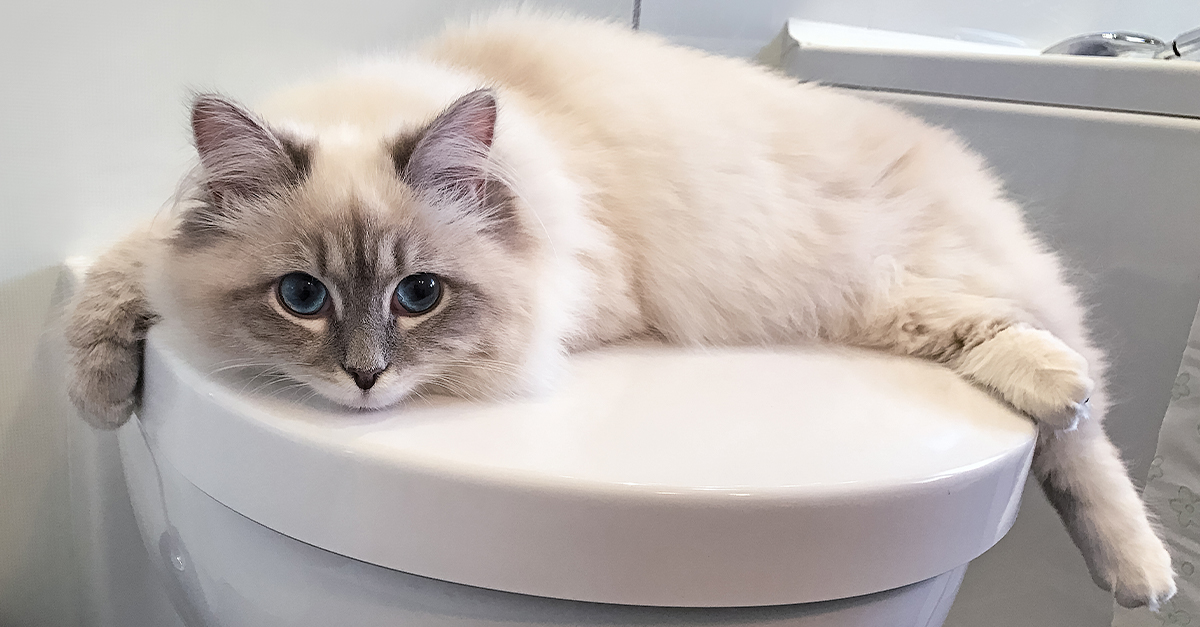What're your concepts on 4 Reasons Why Dog Poop Cleanup is Important?

When it pertains to throwing away waste, specifically animal waste, lots of people frequently resort to the hassle-free choice of flushing it down the commode. Nonetheless, this seemingly easy service can have significant repercussions for the atmosphere and public health. In this write-up, we'll explore why flushing pet waste down the bathroom is a negative idea and supply alternate techniques for correct disposal.
Introduction
Correct waste disposal is vital for keeping environmental sustainability and public health. While it might seem safe to flush animal waste down the toilet, it can lead to numerous problems, both for the setting and human well-being.
Dangers of flushing animal waste
Ecological influence
Flushing pet waste presents unsafe bacteria and pathogens into rivers, which can negatively influence aquatic ecosystems. These pathogens can contaminate water resources and damage marine life, disrupting delicate ecosystems.
Public health issues
Animal waste has harmful microorganisms such as E. coli and Salmonella, which can present major health and wellness risks to humans. Purging animal waste down the commode can contaminate water products, bring about the spread of conditions and infections.
Alternatives to flushing
Rather than purging animal waste down the toilet, there are numerous alternate disposal techniques that are a lot more eco-friendly and sanitary.
Composting
Composting animal waste is an environmentally friendly means to deal with it. By composting, organic matter is broken down right into nutrient-rich dirt, which can be used to fertilize gardens and plants.
Landfill disposal
Disposing of animal waste in a landfill is another option. While not as environmentally friendly as composting, it is a more secure choice to flushing, as it prevents the contamination of water resources.
Family pet garbage disposal systems
There are specific animal garbage disposal systems readily available that securely and hygienically dispose of pet waste. These systems typically make use of enzymes to break down waste and remove smells.
Steps to correct animal waste disposal
To make certain proper disposal of pet waste, adhere to these actions:
Scooping and getting waste
Consistently scoop and bag animal waste making use of biodegradable bags. This prevents waste from polluting the environment.
Using assigned waste bins
Dispose of bagged pet waste in designated waste containers, such as garden compost bins or land fill containers. Avoid flushing it down the toilet in any way prices.
Cleaning up can and pet dog locations regularly
Regularly clean can and family pet locations to stop the accumulation of waste and bacteria. Use pet-safe cleansing products to maintain health.
Benefits of appropriate disposal techniques
Embracing appropriate disposal techniques for pet waste supplies several advantages:
Reduced environmental pollution
Proper disposal methods decrease the risk of environmental pollution, securing waterways and ecological communities from contamination
Lessened threat of water contamination.
By avoiding flushing animal waste down the toilet, the threat of water contamination is substantially decreased, guarding public health.
Enhanced sanitation and hygiene
Proper disposal techniques promote far better hygiene and hygiene, producing a more secure setting for both humans and pets.
Verdict
To conclude, purging pet waste down the toilet is hazardous to the setting and public health. By adopting alternate disposal techniques and adhering to proper waste administration practices, we can reduce the negative influence of pet waste and contribute to a cleaner, much healthier earth.
What To Do With Dog Poo – The Do's And Don'ts Of Disposing Of Faeces
Dog poo bins
Some councils provide dedicated dog waste bins in popular dog-walking areas that can take dog poo that has been bagged but you can legally dispose of dog waste in any public litter bin, as long as it is securely bagged. This also applies to your wheelie bin at home.
Do not flush
Water companies do not recommend flushing dog faeces down the toilet because certain parasites can survive the water processing treatment and are potentially harmful to humans. You should also never consider flushing dog poo that has been bagged down the toilet as the bags will not break down and instead create severe blockages in the sewage system.
In the woods
The Forestry Commission promotes a ‘stick and flick’ method for dealing with waste in the woods. This means finding a stick and using it to flick any poo from off the path so that it is out of the way of other walkers. You could also bury it as long as it is not in an area where there might be livestock.
Livestock
Parasites found in dog poo can be transmitted to livestock if they inadvertently eat infected faeces that has been left on grazing land. This could result in the death of sheep or abortion in cattle so you should always make sure you pick up your dog’s waste in fields where livestock could be present.

I recently found that piece of writing on when doing a search on the search engines. Those who enjoyed reading our blog post kindly make sure you remember to share it. Thank you for your time invested reading it.
Call